- contact@laparoscopyadvice.com
- General Practice Hospital, G-9/2 Islamabad
- Mon - Fri: 10:00 am - 7:00 pm
Visiting Hours
| Mon - Fri: | 8:00 am - 8:00 pm |
| Saturday: | 9:00 am - 6:00 pm |
| Sunday: | 9:00 am - 6:00 pm |
Gallery Posts
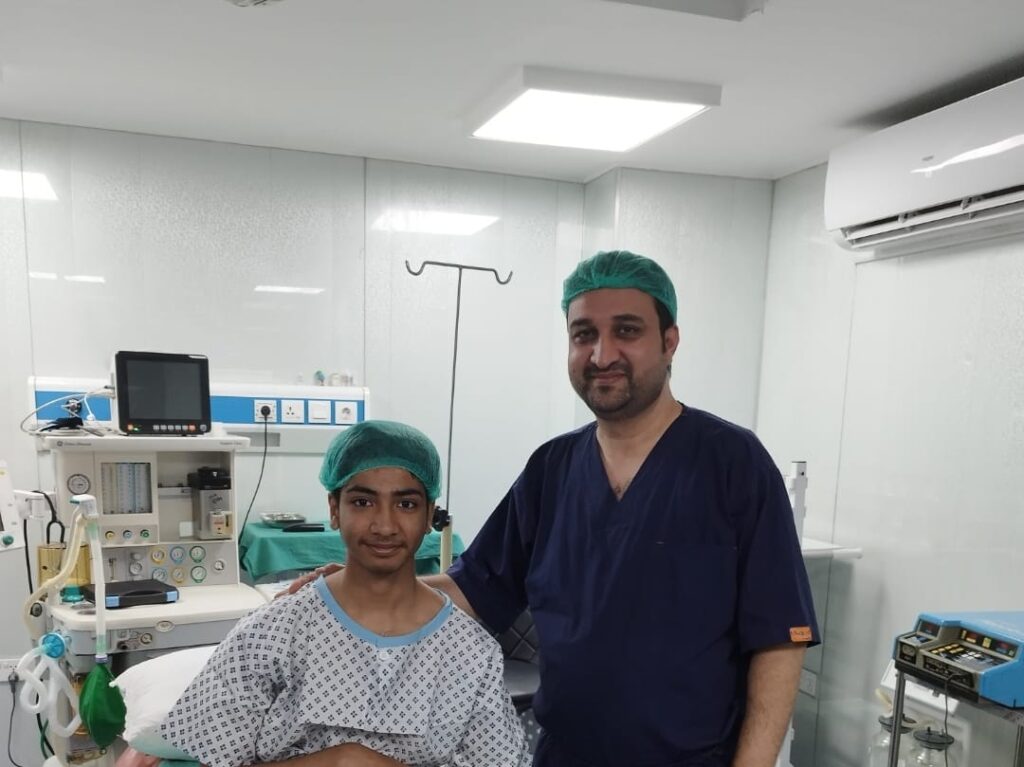
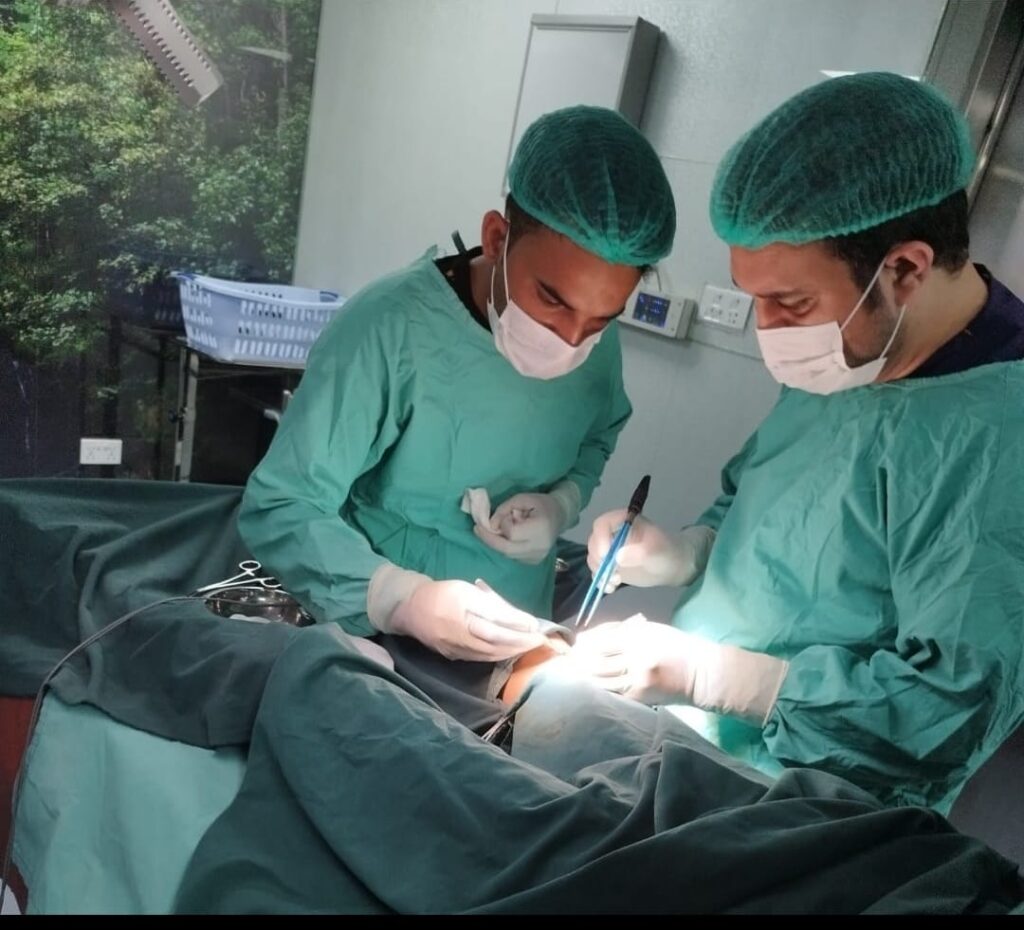
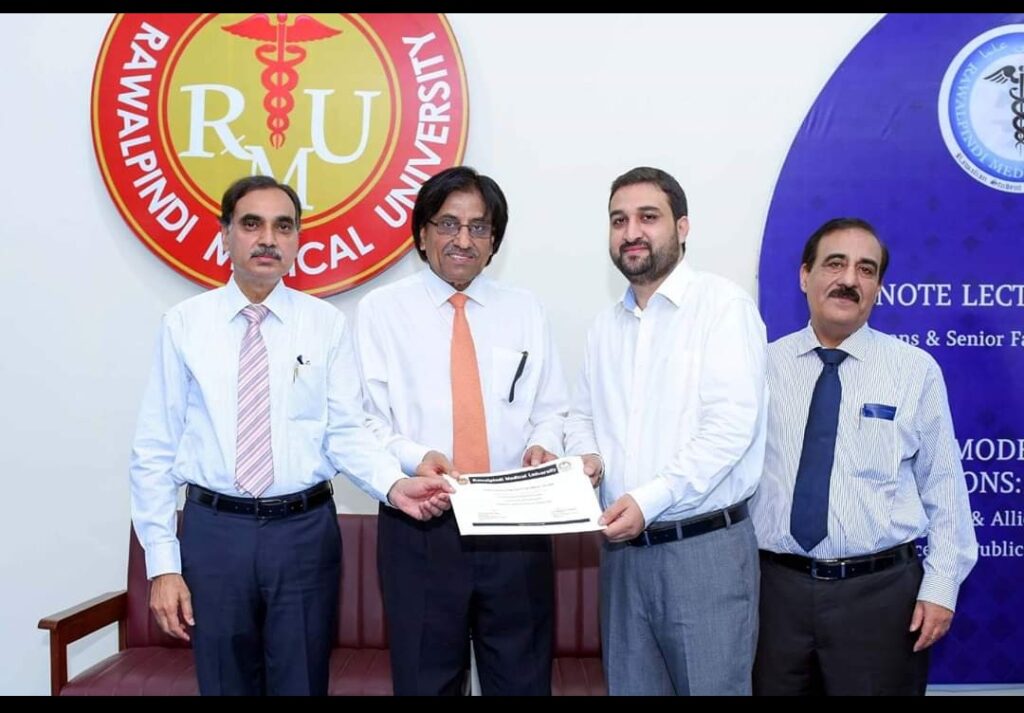
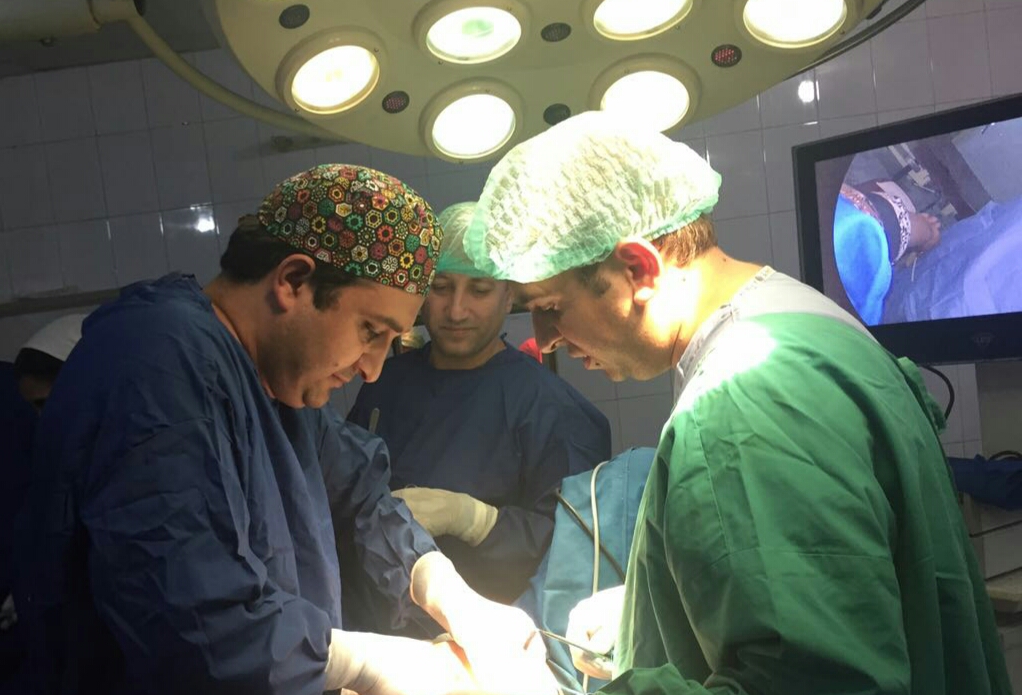
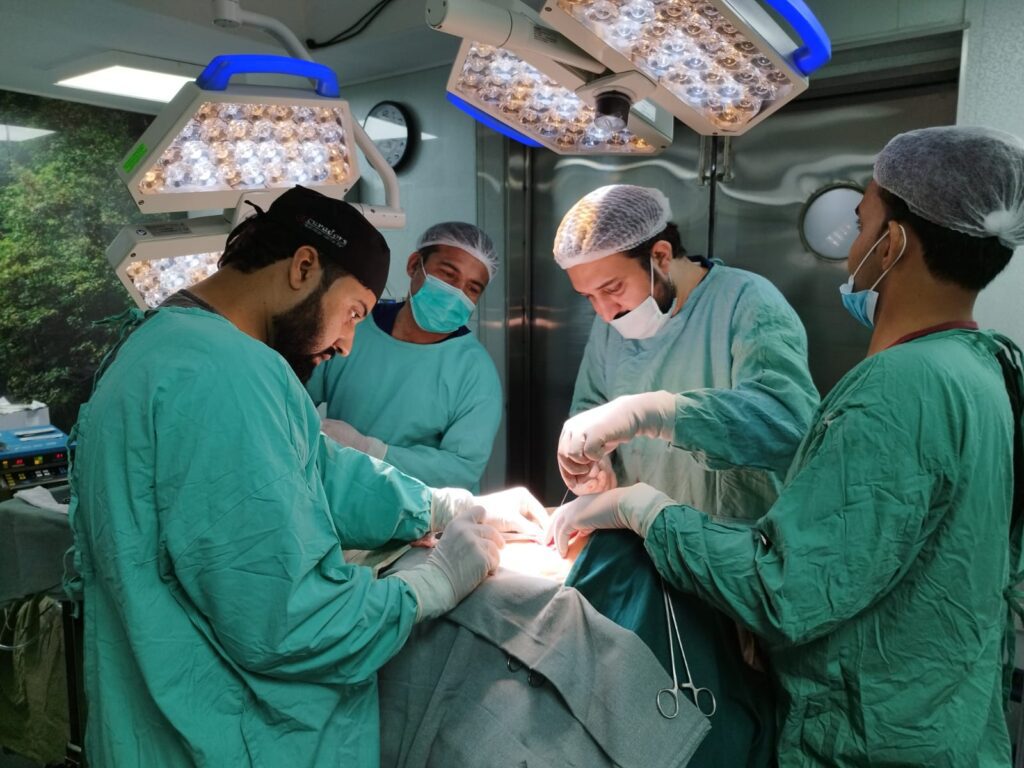

| Mon - Fri: | 8:00 am - 8:00 pm |
| Saturday: | 9:00 am - 6:00 pm |
| Sunday: | 9:00 am - 6:00 pm |






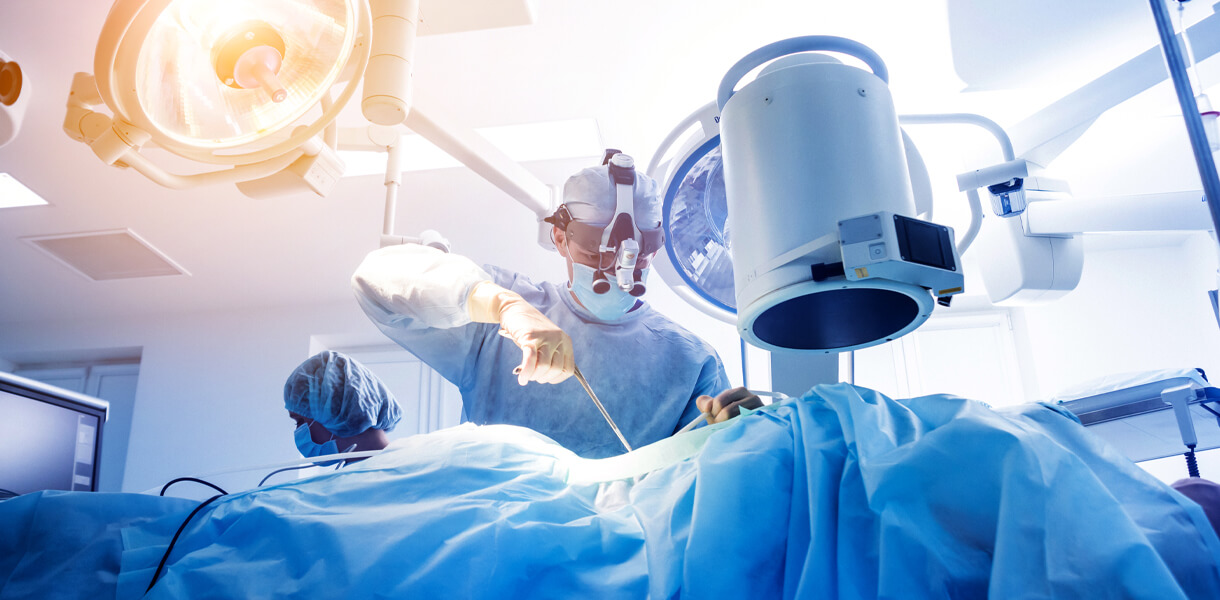
Haemorrhoidectomy is a surgical procedure performed to remove external or advanced piles, also known as haemorrhoids. It is often recommended for patients with severe or recurrent haemorrhoids that do not respond to non-surgical treatments. Haemorrhoidectomy aims to alleviate symptoms such as pain, bleeding, and discomfort associated with haemorrhoids and improve the patient’s quality of life.
Haemorrhoidectomy involves the surgical excision of swollen and inflamed haemorrhoidal tissue from the anal region. It may be performed under general, regional, or local anaesthesia, depending on the patient’s condition and the extent of the procedure. The surgeon may use various techniques, such as open or closed haemorrhoidectomy, to remove the haemorrhoids and repair any associated anal or rectal tissue.
Procedure: During haemorrhoidectomy, the surgeon makes incisions around the haemorrhoids to remove the swollen tissue and any associated blood vessels. The remaining tissue is then either left open to heal naturally or closed with sutures.
Types: There are different types of haemorrhoidectomy procedures, including traditional open haemorrhoidectomy, closed haemorrhoidectomy (stapled haemorrhoidectomy), and other minimally invasive techniques.
Recovery: Recovery from haemorrhoidectomy may vary depending on the type of procedure performed and the patient’s overall health. Most patients experience some discomfort, pain, and swelling in the anal region following surgery, but these symptoms typically resolve within a few weeks.
Chronic Constipation or Straining: Chronic constipation or straining during bowel movements can increase pressure on the veins in the rectal area, leading to the development of haemorrhoids.
Pregnancy and Childbirth: Pregnancy and childbirth can also contribute to the development of haemorrhoids due to increased pressure on the pelvic veins and hormonal changes.
Pain and Discomfort: External haemorrhoids may cause pain, itching, swelling, or discomfort in the anal region, particularly during bowel movements or when sitting for extended periods.
Bleeding: Haemorrhoids may bleed during bowel movements, resulting in bright red blood on toilet paper or in the toilet bowl.
Prolapse: Advanced haemorrhoids may protrude from the anus and may require manual reduction.



Haemorrhoidectomy: Surgical removal of haemorrhoids is typically recommended for external or advanced cases that do not respond to conservative treatments.
Sclerotherapy: Sclerotherapy involves injecting a chemical solution into the haemorrhoids to shrink them and reduce symptoms.
Rubber Band Ligation: Rubber band ligation is a minimally invasive procedure that involves placing small rubber bands around the base of the haemorrhoids to cut off their blood supply and cause them to shrink.
High-Fiber Diet: Consuming a diet rich in fiber can help promote regular bowel movements and prevent constipation, reducing the risk of haemorrhoids.
Hydration: Drinking plenty of water can help soften stools and make them easier to pass, reducing strain on the rectal area.
Healthy Bowel Habits: Avoiding prolonged straining during bowel movements and practicing good toileting habits can help prevent the development of haemorrhoids.
| Mon - Fri: | 9:00 am - 7:00 pm |
| Saturday - Sunday: | Off |
Copyright 2023 Adil's Laparoscopy World | Powered by Dynaamx